What Would Happen If There Were No Circuit Breakers In A Home?
13th May 2023
Learn about the importance of circuit breakers and what would happen if there were none in your home.
Read More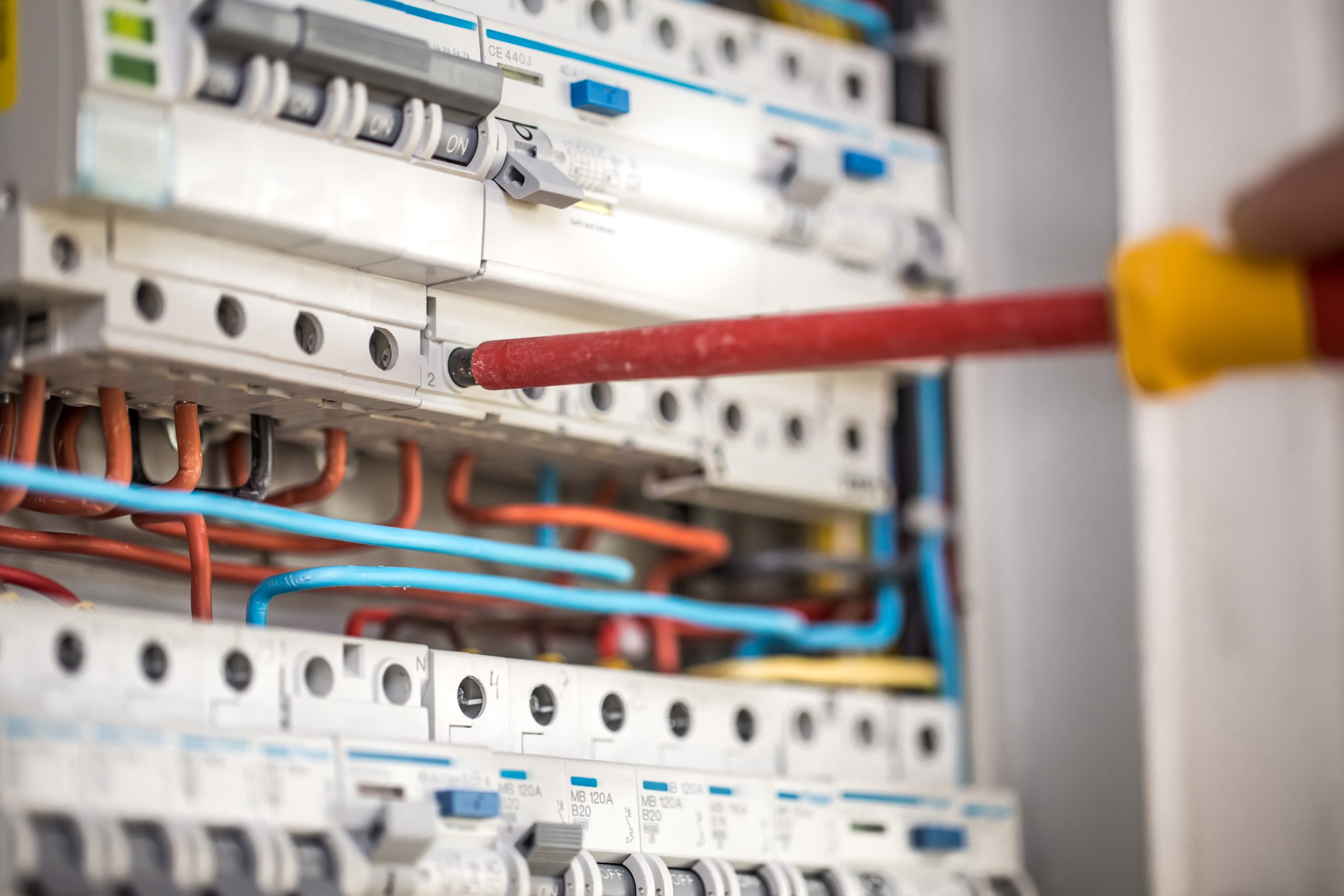
Learn about the importance of circuit breakers and what would happen if there were none in your home.
Read More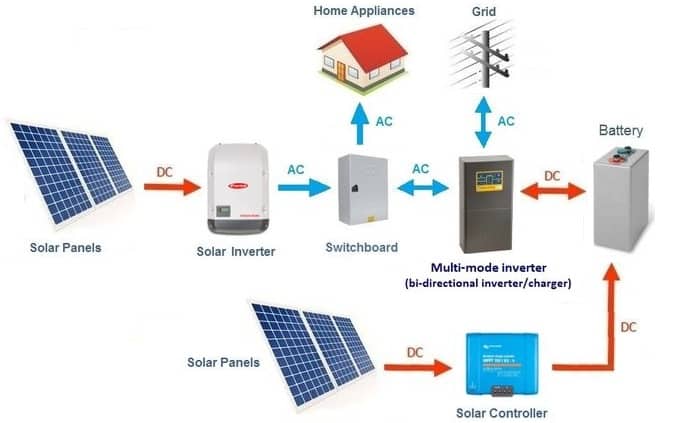
Are you wondering why AC is used in households instead of DC? Learn about the differences between AC and DC power and why AC is considered more efficient and safer for household use.
Read More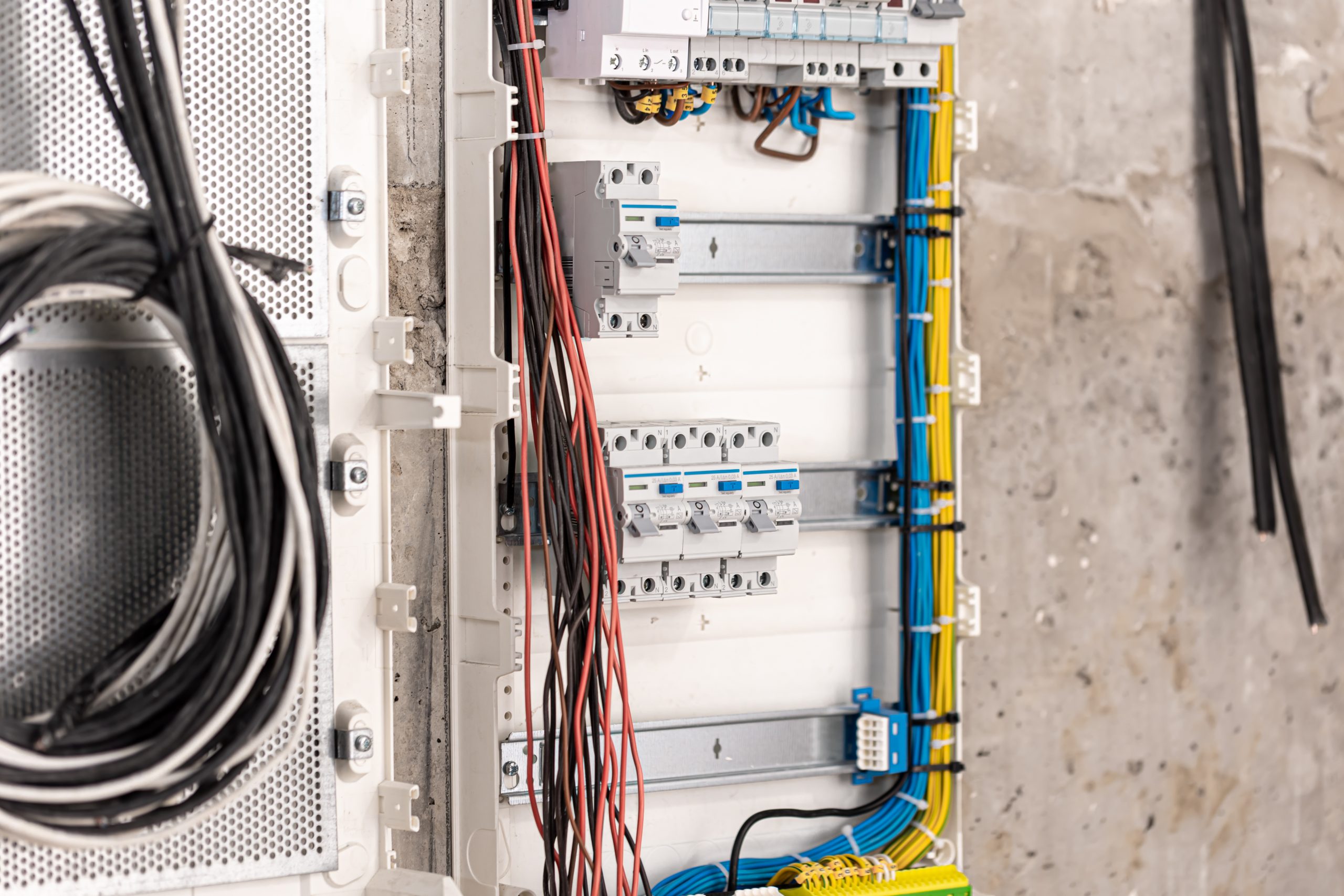
Learn about the differences and purposes of fuses and circuit breakers in protecting electrical systems from overloads, short-circuits, and fires. Gain insights into how these circuit protection devices function and why they are crucial in ensuring electrical safety.
Read More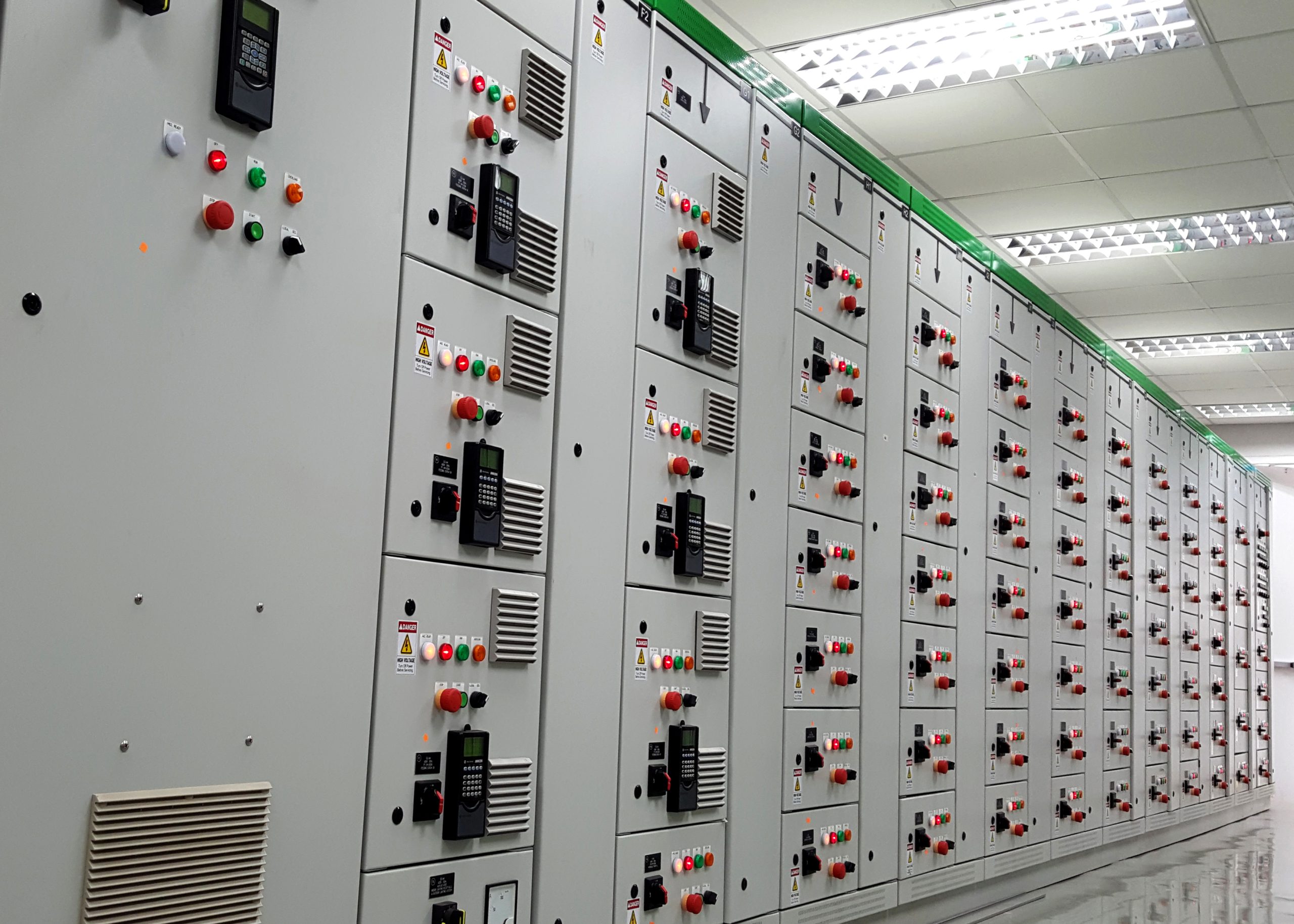
Learn about the different types of distribution boards and their maximum current ratings to ensure proper electrical safety in your home or business. Get insights into the current ratings of single phase, three phase, and miniature circuit breaker boards.
Read More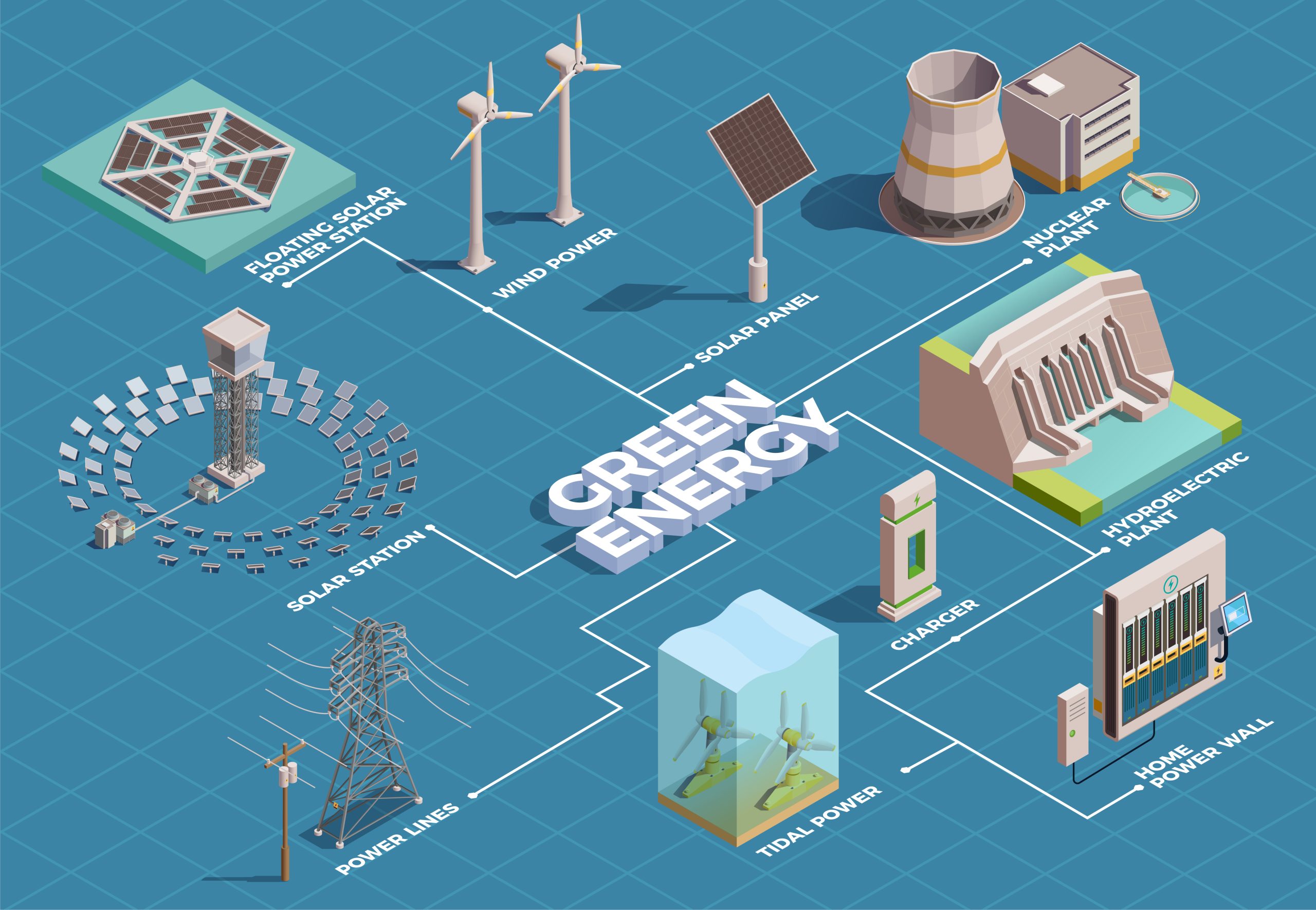
Our comprehensive selection of low-voltage electrical distribution products includes Miniature Circuit Breakers, contactors, distribution boards, and panel meters, ensuring safe and dependable solutions for your application requirements.
Read More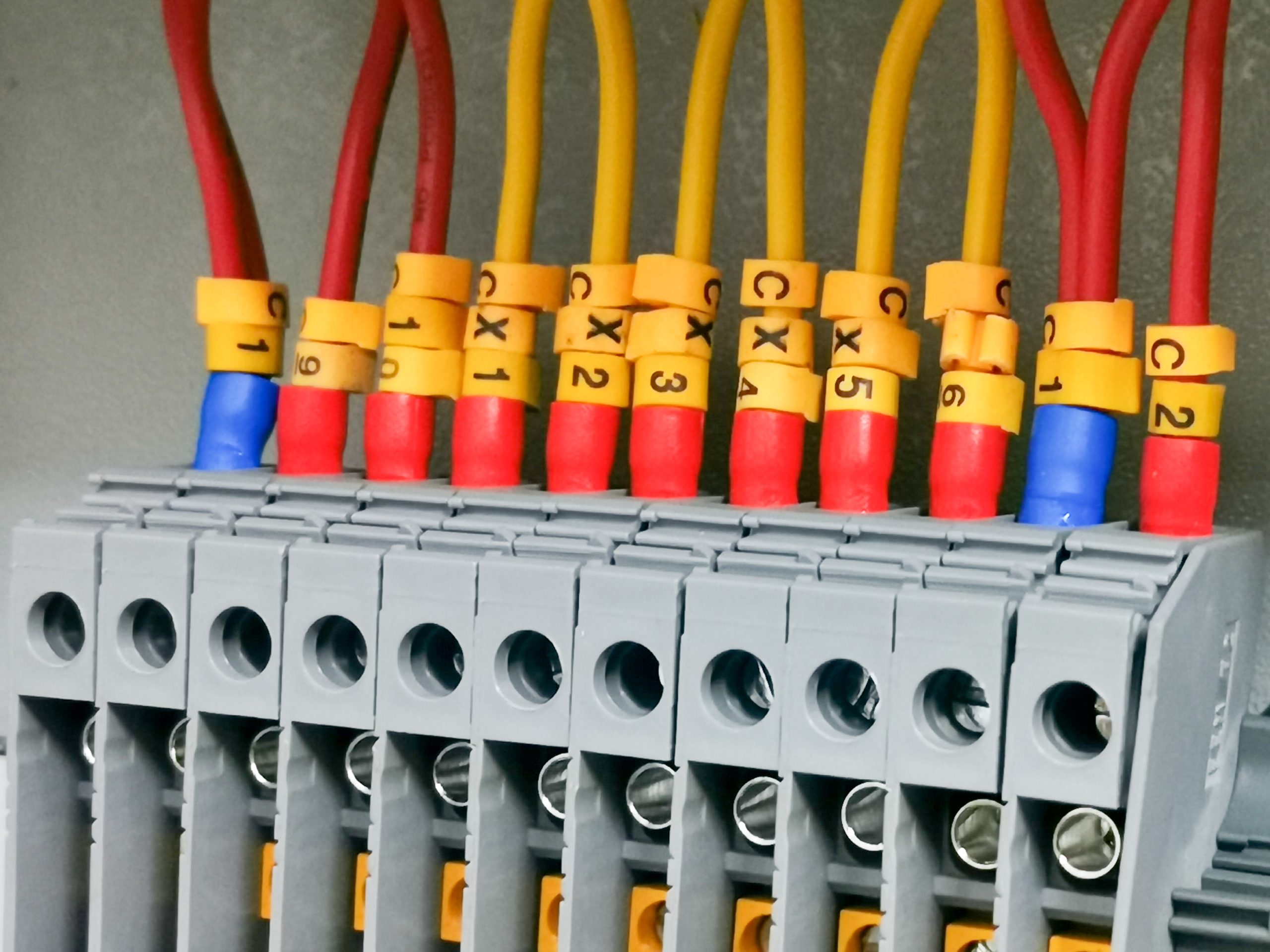
Learn about MCB, its types, advantages, and how it works in protecting your electrical system from damage caused by current overloads and voltage fluctuations.
Read More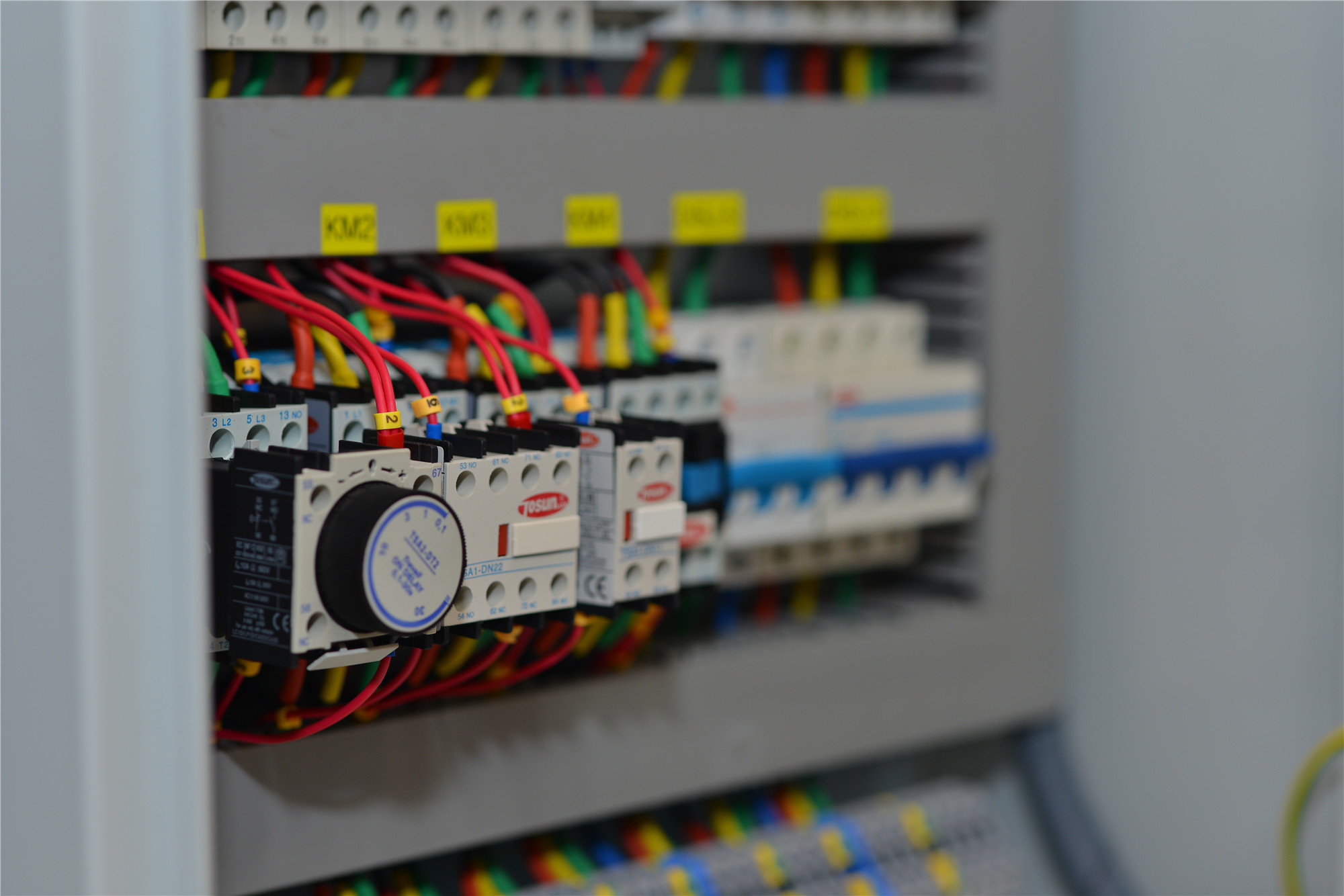
A circuit breaker panel is a crucial component of your home's electrical system. Learn how it works, where to find it in your house, and what's inside it to ensure the safety of your family and electrical appliances.
Read More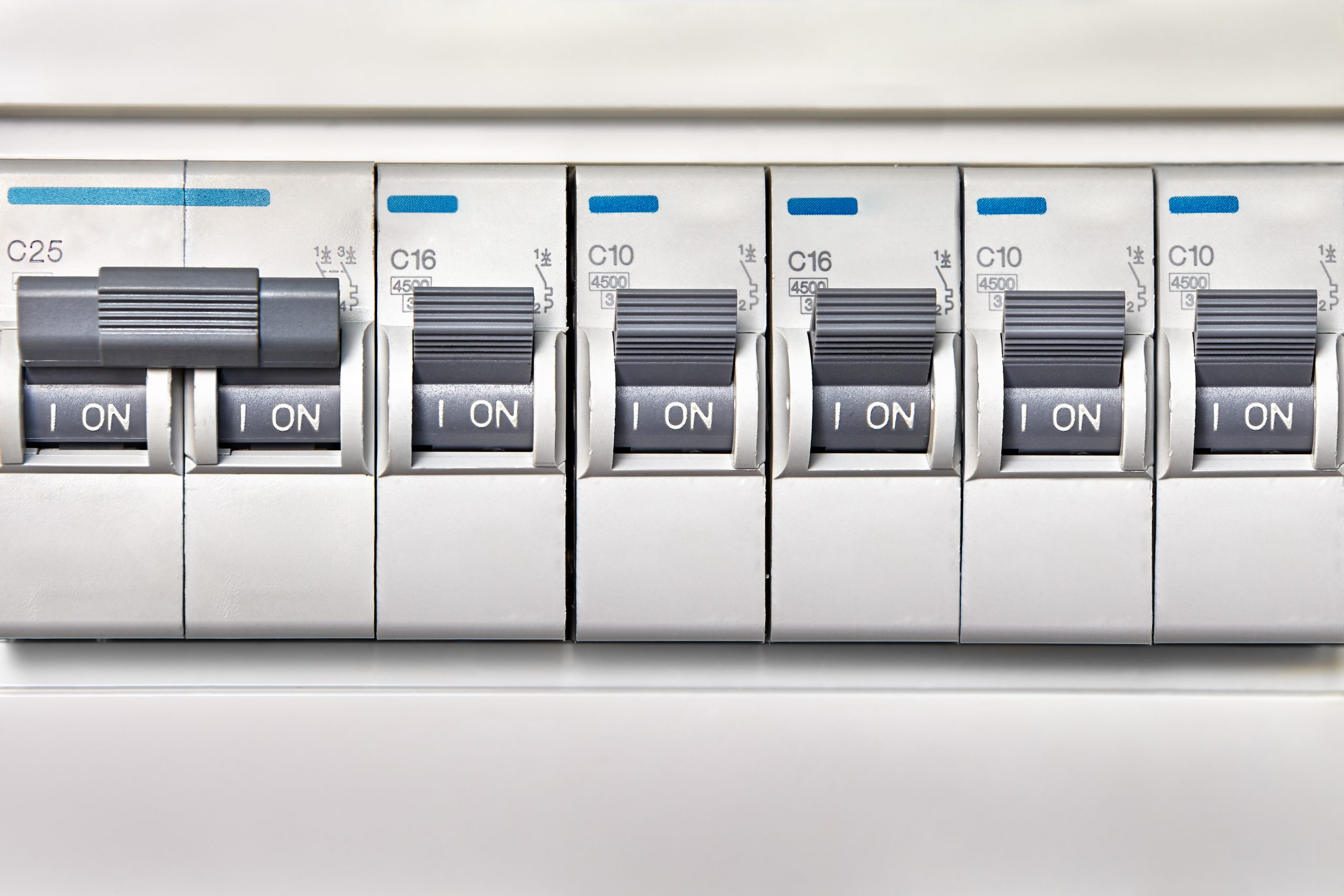
Discover the importance of circuit protection devices in preventing damage to electrical equipment and ensuring the safety of your home or building.
Read More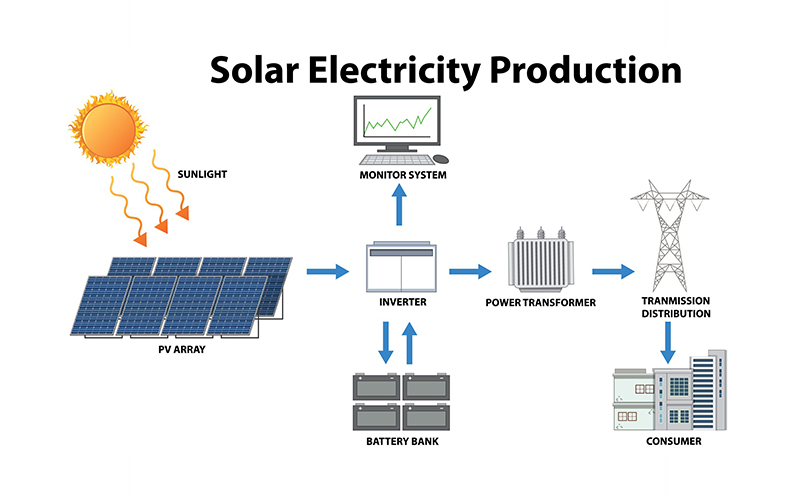
Learn about solar pump inverters, their types, working principles, and advantages over traditional electric pumps. Discover how they offer clean and reliable energy solutions for irrigation, drainage, swimming pool pumps, and more.
Read More
Learn about the working principles, types, and advantages of solar charge controllers, including PWM and MPPT controllers, their use, and importance in any solar system.
Read MoreTel: +86-577-88671000
E-mail: ceo@tosun.com
Skype: tosunelectric
Wechat: +86-139 6881 9286
WhatsApp: +86-139 0587 7291
Address: Room No.1001 Wenzhou Fortune Center,Station Road, Wenzhou, China
WhatsApp us